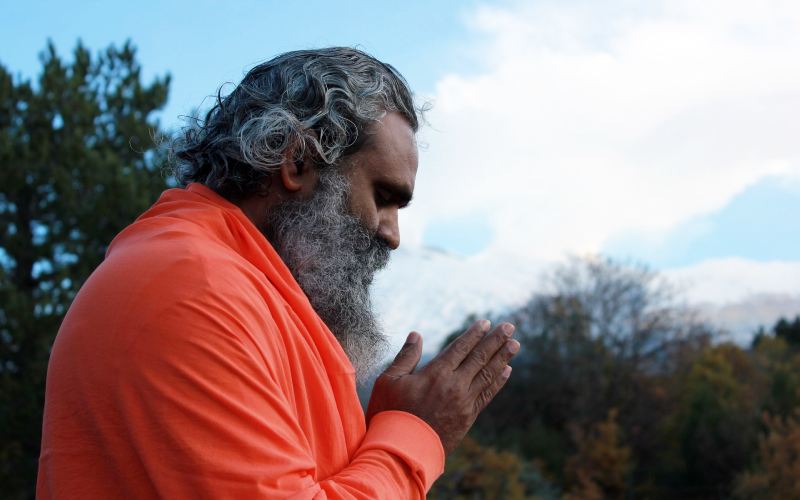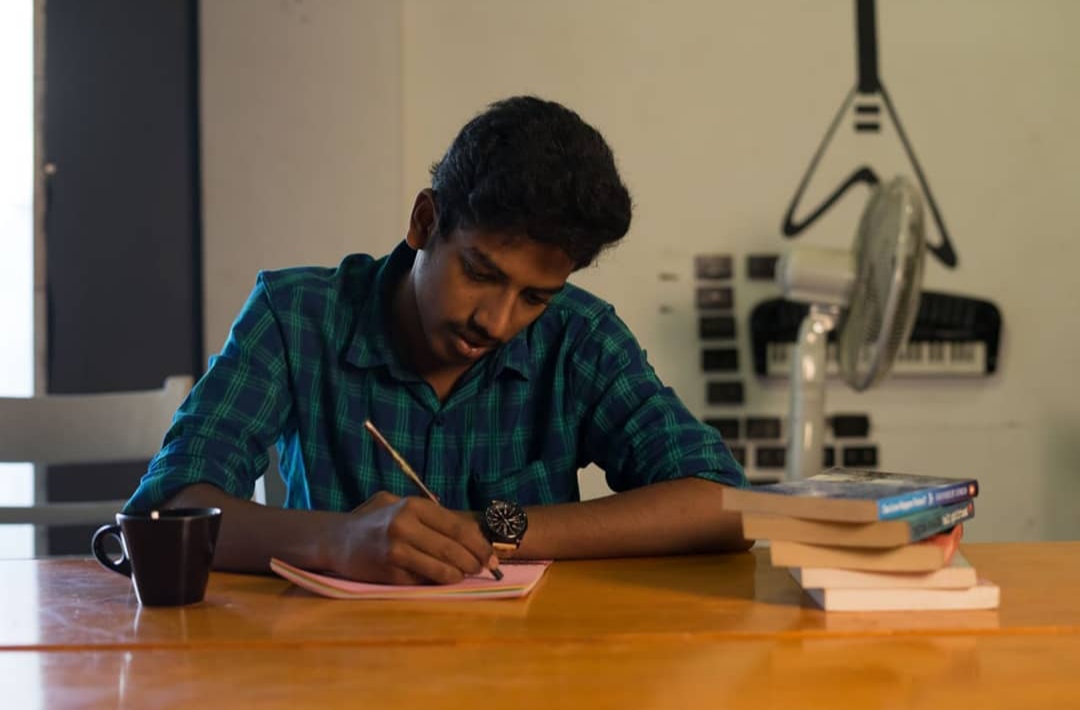Etiquettes define us. In India, there are numerous behaviours which have unconsciously become a part of our routine. They begin with the simple act of sitting. The younger people sit, only after the elders in front of them are seated; lighting a lamp to welcome the twilight; gaining the aashirvaadha of elderly people by falling at their feet; sitting down on the ground with folded legs; desist oneself from sitting cross-legged in front of elders; maintaining appropriate distance from a speaker during a conversation; avoid munching sound and keeping the mouths closed while eating; speaking consciously to avoid spraying saliva; and many more get added to the list.
Etiquettes backed by morals has been passed onto us for ages. They have been regulating our behaviour, straightening our path and guiding us towards betterment. These moralistic mannerisms are most often mistaken for pleasing behaviours in the other cultures, while in India it is rather associated with reverence, health, conduct and an appreciated way of life.

In today’s world, with the prevailing pandemic, we are requested to follow the covid appropriate behaviours by the government, which includes wearing masks, using sanitizers and maintaining social distance. In Indian culture, wearing a towel on shoulders for men and using the saree Pallu (The end portion of the saree which is hung free) for women to cover their heads were a part. Anyone returning from a travel, play, or a visit to their neighbours would be requested to wash their hands and legs before they entered the house. A dedicated tub of water would be kept outside every home for this purpose. One expresses respect and gratitude with a simple namaskar instead of handshakes and hugs. When we closely notice, the clothing, the practice of washing one’s hands and legs and greeting with a namaskar are the alternate etiquettes according to modern suggestions, which we must be afraid to lose in the process of modernisation.
Ahead of the impending Kurukshetra war, Duryodhana was present at Lord Krishna’s premises to seek his alliance. Since Lord Krishna was asleep, Duryodhana decided to wait and found himself a Bajot (Stool) beside his head. Arjuna came a little later and sat next to his foot, polite and respectful. Lord Krishna the omniscient, woke up to Arjuna’s face and enquired about the reason for his visit. The humble cousin, Arjuna, requested for his advice and support in the war.
Duryodhana, on foreseeing the alliance between Arjuna and Krishna, interrupted to inform that he had come first and hence his request must be entertained beforehand. Lord Krishna, with a gracious smile, said that they should divide the solution to their requests equally, so that one of his cousins gets the army, and the other gets Krishna, who had already promised his brother that he would not bear any weapon in the impending war. He was impartial, accommodating the requests of both the cousins. And, he also added that Arjuna gets to choose first since his sight fell on Arjuna upon waking up. Arjuna, as expected, chose Krishna.
This incident from 'Mahabaratha' teaches us the importance of etiquettes in India. It is considered an act of ignorance to sit near the head of a respected person. I certainly remember, as a child, my grandmother scolding me for sitting at home with my legs facing the pooja room of our house. It is also disrespectful to point one’s hands towards the elder people while talking. To develop this habit in the children, the elders would also practice the same towards the children. This is the beauty of Indian etiquettes. They are followed not as a condition but as a culture.
The etiquettes followed in India promoted and encouraged the sense of sharing. The food-containers sent to our home from our in-laws had never been returned empty. She always added sweets and snacks to them on returning. And I do not remember a single day when I had my breakfast without serving it to the birds. We have two dedicated bowls over our compound wall, one for the food and other for the water. The act of gifting is also handled very carefully in India. It is considered righteous for Indian men to include the names of their wives, mothers or sisters while gifting another woman. This is to give due respects to women who play a pivotal role in a man’s life and implying the notion of equality.
The use of language is taken care of particularly with guests. The guests are considered equal to god. The famous saying, “Atithi devo bhava,” means guests are equal to God. Language is used rather indirectly and subtly. Instead of saying, “I shall leave,” one would say, “It is probably time for me to go” or “It is better if I reach home before sunset.” This is mainly because the direct usage of language can sometimes be disrespectful. The small differences like “eat” and “have” can be differently scaled in terms of respect in India. Indian languages are naturally built-in ways they express respect with no effort.

The elders are considered equal to God. Yet another incident from Indian mythology can make it more clear. When Lord Rama left to vanavaasa, Baratha was made to rule Ayodhya. Even after strong persuasions from Baratha, Rama did not want to come back to Ayodhya until his completion of vanavaasa. At that time Baratha requested for Rama’s footwear which he carried as a symbol of his presence to Ayodhya and decided not to rule but be a care-taker of Ayodhya until his brother returns. Even though they were born to different mothers, Baratha had such a love and respect for his brother Rama. The same amount of respect is carried out in Indian families till now.
It is advisable in India to remove your shoes or slippers before entering someone’s home or any temple. This is an act of cleanliness. Interestingly you can even find notices outside Indian shops, “Leave your footwear here!” This is because Indians consider holiness as godliness and are concerned to keep them clean. Cleanliness has always been a prime concern in India.
Indians give much respect to money. They consider the money as Goddess Lakshmi. For that reason they do not give money to others on Fridays, as they consider it as an auspicious day for Goddess Saraswathi. They also do not give money to others after sunset. Interestingly, they also do not receive or give money standing in the entrance of the house. Both the giver and the receiver must either stand inside the house or go outside to exchange money. This is to give appropriate respect to the god.
The effectiveness in following these etiquettes define a man in India. They define his knowledge, wisdom, culture, nobility and birthhood. Indians follow these at ease as they are imbibed in their culture. They are not only preached to children but are also followed by the elders. The children adopt them from the behavioural pattern of the elders rather than any personality development course, which makes the Indian culture more beautiful and aesthetic.
 Vigneshwaran is a graduate of English Literature who shows great interest in analysing various practices followed in Sanatana dharma. He is a practical person with a curiosity to learn everything by experiencing. He is also a staunch nationalist and writes poem both in English and Tamil. Vignesh also is a excellent orator.
Vigneshwaran is a graduate of English Literature who shows great interest in analysing various practices followed in Sanatana dharma. He is a practical person with a curiosity to learn everything by experiencing. He is also a staunch nationalist and writes poem both in English and Tamil. Vignesh also is a excellent orator.
NEXT ARTICLE